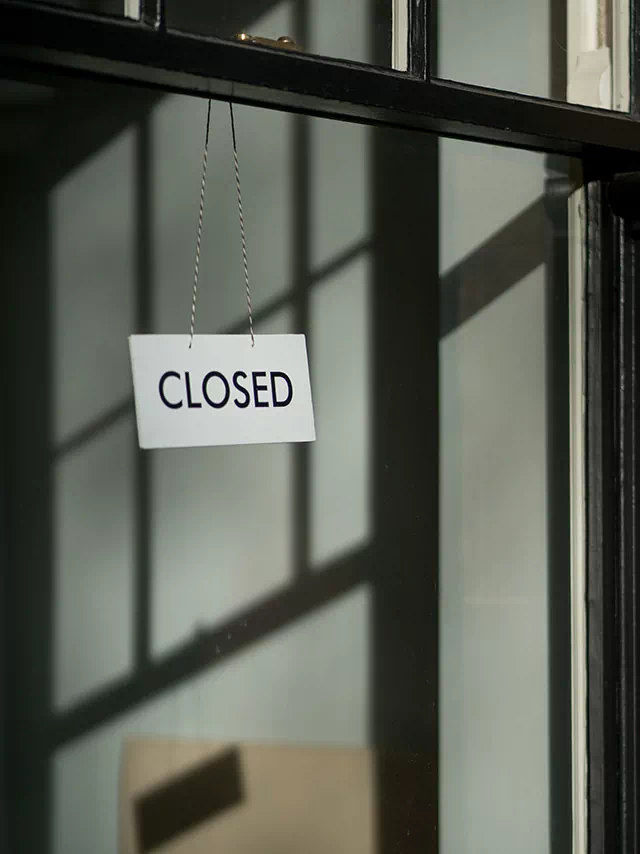Starting a business is a challenging and risky endeavor, and the statistics show that the majority of start-ups fail. According to various reports and studies, around 90% of start-ups fail within the first five years of operation. This high failure rate can be attributed to a variety of factors, including lack of market need, poor financial management, lack of a strong and experienced management team, and competition from established companies.
There are many reasons why start-ups fail, but some common reasons include:
Lack of market need
One of the main reasons why start-ups fail is that they do not have a clear understanding of their target market and the needs of their customers. They may create a product or service that does not meet the needs of the market or that is not in demand. This can lead to poor sales and ultimately the failure of the business.
Poor financial management
Start-ups often have limited resources and must manage their finances carefully. However, many start-ups fail to create accurate financial projections, or to keep a tight control on their expenses, which can lead to cash flow problems and ultimately, to the failure of the business.
Lack of a strong and experienced management team
Start-ups are often led by entrepreneurs who may not have the experience or skills needed to run a successful business. A lack of management experience can lead to poor decision-making and a lack of focus, which can ultimately lead to the failure of the business.
Competition from established companies
Start-ups often face competition from established companies that have a strong market presence and established customer base. This can make it difficult for start-ups to gain market share and to become profitable.
Lack of scalability
Start-ups may have a good product or service, but they may not have the ability to scale their business as they grow. Without scalability, start-ups may struggle to meet the demands of a growing customer base, which can lead to the failure of the business.
Lack of funding
Start-ups often require significant funding to develop their product or service, to hire employees, and to market their business. However, many start-ups struggle to secure adequate funding, which can limit their ability to grow and ultimately lead to the failure of the business.
Poor execution
Even if a start-up has a good idea and a solid business plan, the execution of that plan is critical for success. Poor execution can lead to a lack of focus, delays, and an inability to meet goals.
Conclusion
Starting a business is a challenging and risky endeavor, and the statistics show that the majority of start-ups fail. The failure rate can be attributed to a variety of factors, including lack of market need, poor financial management, lack of a strong and experienced management team, and competition from established companies.



